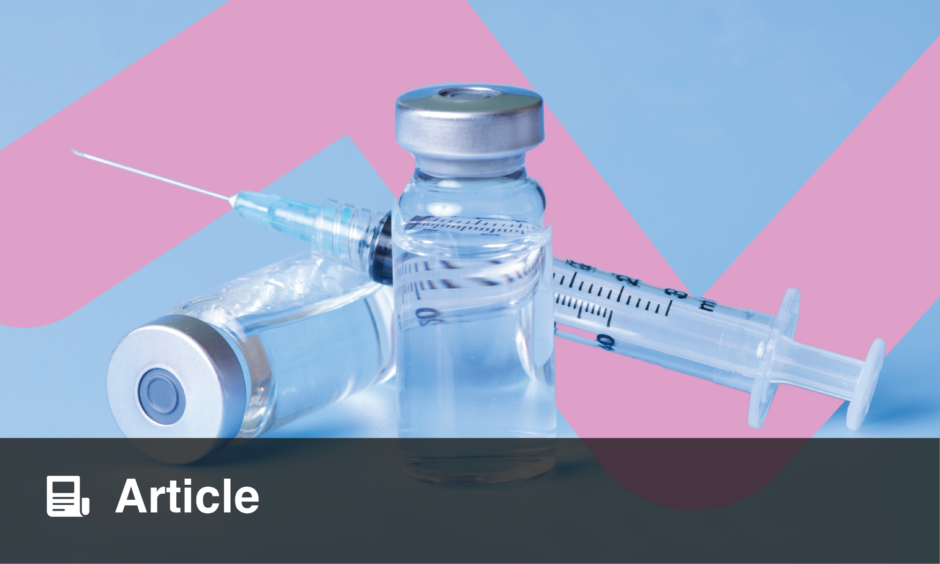A STUDY found that infants introduced to formula before the age of 4 months had an increased risk of developing psoriasis, compared to infants who were breastfed for at least the first 4 months of life.
Although psoriasis is a genetically predisposed systemic skin disease; however, environmental triggers can be a factor in the manifestation of the disease.
The study aimed to investigate the role of early nutrition as a risk factor for the development of psoriasis. Data from the All Babies in Southeast Sweden (AIBS) prospective birth cohort (n=16,414) was analysed. Parents answered questionnaires at birth and when their children were aged 1 and 3 years old. The psoriasis diagnoses were obtained from the Swedish National Patient Register and National Drug Prescription Register, and the statistical analysis was conducted in R with custom-written scripts.
Results showed that infants who were breastfed for less than 4 months, and infants who received formula before 4 months of age, had a higher risk of psoriasis (odds ratio [OR]: 1.84 [P=0.02] and OR: 1.88 [P=0.02], respectively). The 3-year follow-up revealed that increased consumption of fish, especially from the Baltic Sea (OR: 9.61; P=0.003) and consuming high volumes of milk also increased psoriasis risk (OR: 2.53; P=0.04).
This study shows that early-life nutrition appears to have a significant effect on the risk of developing psoriasis later in life. The researchers recommend breastfeeding for the first 4 months of life.
Aleksandra Zurowska, EMJ
Reference
Debojyoti D et al. Breastfeeding decreases the risk of developing psoriasis through to early adulthood. British Journal of Dermatology. 2024;191(1):65-74.







